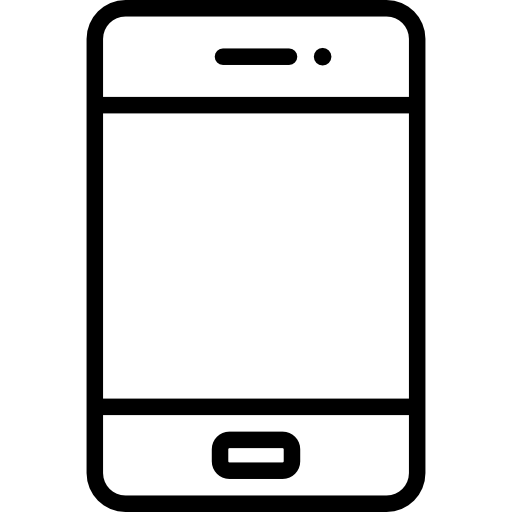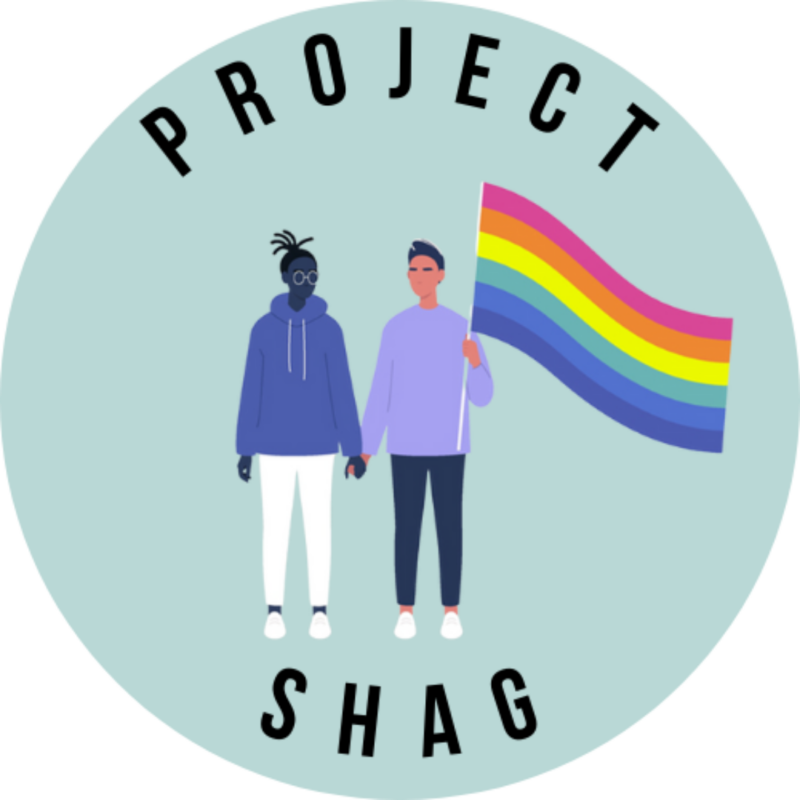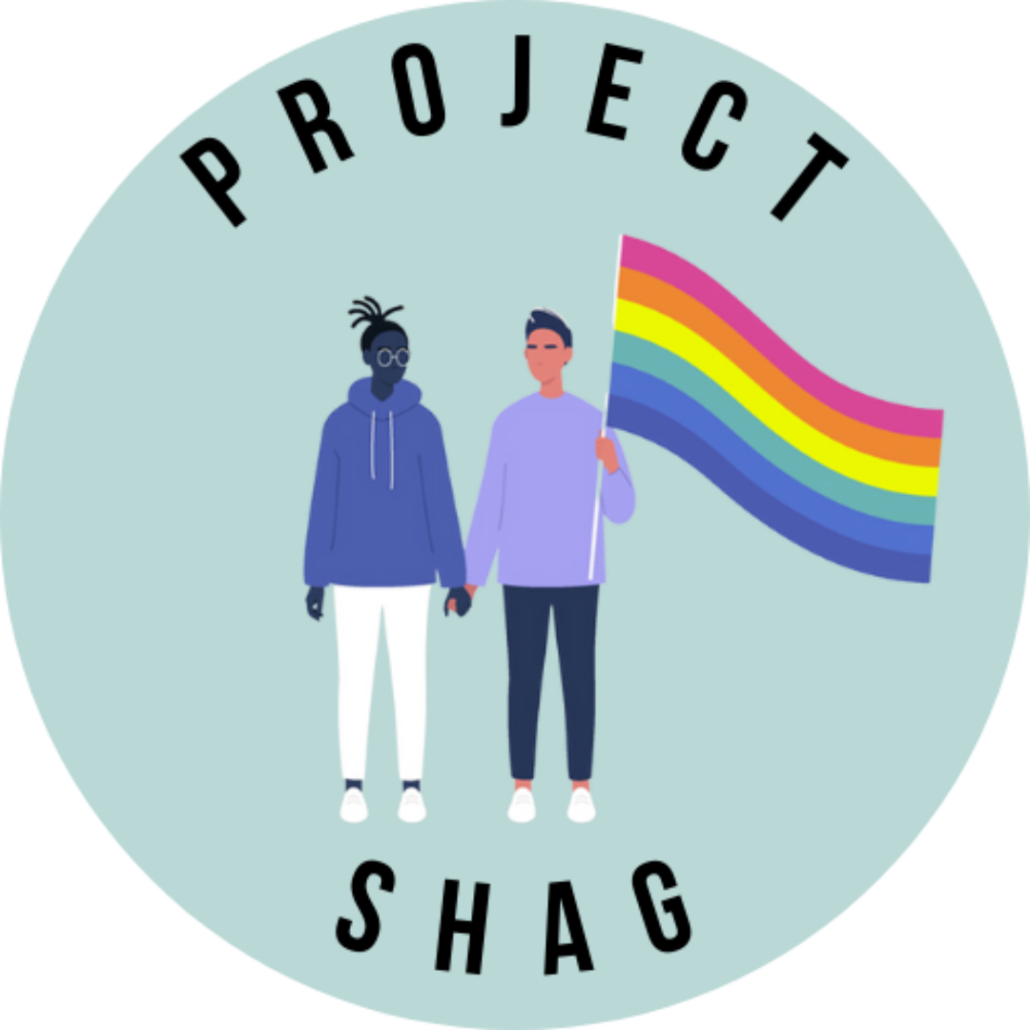Remote Sexual Health Research Study
Researchers at the Center for Innovative Public Health has developed two sexual health programs for guys who are into guys that is aiming to increase PrEP uptake and reduce HIV incidence in gay and bisexual cisgender male youth.

Fast Facts

Have had Anal Sex in the Past 12 Months

Assigned Male at Birth and Identify as Male

Compensation Provided

Conducted Remotely in the U.S.
Study Background
Project SHAG is a text message intervention aiming to increase PrEP uptake and reduce HIV incidence in gay and bisexual cisgender male youth.
Project SHAG is innovative because we will take SHAG to scale to reach an important audience, sexual minority male youth, while still allowing for tailoring and personalization for each participant. If SHAG impacts HIV incidence among sexual minority male youth, the technology upon which it is built facilitates a low-cost and scalable method to reach and engage youth to affect HIV incidence at the population-level.
The programs will be sent through text messaging. Program text messages talk about things like safely having sex with guys, ways to prevent HIV and other STIs, and using condoms and PrEP.

Study Background
Project SHAG is a text message intervention aiming to increase PrEP uptake and reduce HIV incidence in gay and bisexual cisgender male youth.

Project SHAG is innovative because we will take SHAG to scale to reach an important audience, sexual minority male youth, while still allowing for tailoring and personalization for each participant. If SHAG impacts HIV incidence among sexual minority male youth, the technology upon which it is built facilitates a low-cost and scalable method to reach and engage youth to affect HIV incidence at the population-level.
The programs will be sent through text messaging. Program text messages talk about things like safely having sex with guys, ways to prevent HIV and other STIs, and using condoms and PrEP.

Additional Information
The primary purpose of this study is to increase PrEP uptake and reduce HIV incidence in gay and bisexual cisgender male youth.
You may qualify for this study if you meet the following criteria.
- Assigned male at birth and identify as male
- Have had anal sex in the past 12 months
- Exclusively own a cell phone with an unlimited text messaging plan and intend to have the same cell phone number for the next 6 months
- Have Internet access to complete online surveys
- Speak English
- Willing to take an at-home test to confirm HIV negativity
- Not currently enrolled in another HIV prevention program or know anyone already enrolled in the study
Once enrolled, participation involves the following:
- Complete an online survey and an HIV test before you start the program. We will mail you the test. You can do it anywhere and anytime that is safe for you. We ask you to upload a picture of the results of the test to our secure study server so that we are on the same page about your result. Only the research team will have access to the picture; we take your privacy seriously.
- Once you finish the survey and upload your test results, you will be officially enrolled. You will receive between 5-10 text messages every day for 9 weeks. You may also be randomly matched to a “text buddy”, another guy in this study, who you will be able to talk to about the things that you are learning in the program.
- After 9 weeks, the daily text messages will stop, and we will ask you to complete another online survey.
- We will then send you a couple of texts per week for the next 3 months.
- After that, you will receive a “review week” where you will receive 5-10 messages again each day. After the review week, we will send you another HIV test and a survey link and ask you to upload your test results and do the online survey.
- Over the next 12 months, we will ask you to do 4 more online surveys, once every 3 months. At 12 months, as part of your last survey, we will send you a final HIV test and ask you to upload a picture of the results to the secure Project SHAG server.
Yes, qualifying participants will receive compensation for their time.
There is no cost to you for participating in the study.
